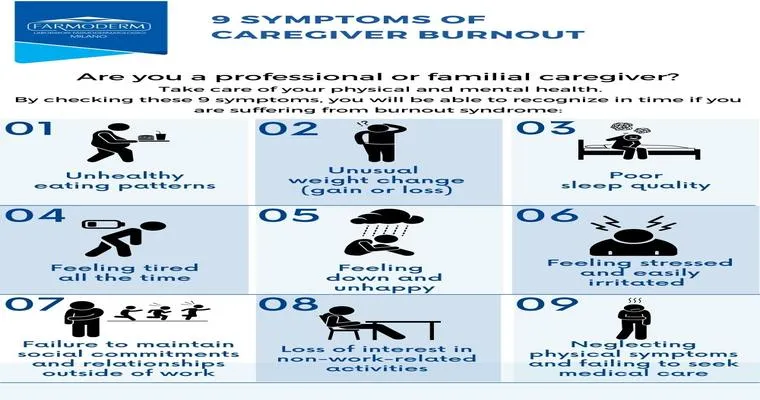Being a "caregiver" is a noble and rewarding role, yet it often comes with immense challenges and emotional strain. If you are feeling overwhelmed, tired, and in need of a place to express your feelings, you are not alone. Many caregivers experience "burnout", which can manifest as physical exhaustion, emotional fatigue, and even feelings of isolation. It’s essential to acknowledge these feelings and find ways to cope with the demands of caregiving.
The Reality of Caregiving
Caring for a loved one, whether they are dealing with a chronic illness, disability, or age-related issues, can be incredibly taxing. As a caregiver, you may find yourself juggling numerous responsibilities, from managing medications to coordinating appointments and providing daily assistance. The weight of these responsibilities can lead to a sense of "overwhelm", making it difficult to take care of your own needs.
The Signs of Burnout
Recognizing the signs of "burnout" is crucial for your well-being. Symptoms may include:
Persistent fatigue and lack of energy
Increased irritability or frustration
Feelings of helplessness or hopelessness
Difficulty concentrating or making decisions
Social withdrawal or isolation
If you identify with any of these signs, it’s important to take a moment to reflect on your situation and consider what you need to feel supported.
Finding an Outlet to Vent
Sometimes, the best way to cope with the stress of caregiving is to simply vent about your feelings. Sharing your experiences can provide relief and help you feel less alone. Here are a few ways you can express yourself:
1. "Talk to Friends or Family": Reach out to someone you trust and share your thoughts. A listening ear can make a significant difference.
2. "Join a Support Group": Many communities offer caregiver support groups, either in-person or online. Connecting with others who understand your struggles can be comforting.
3. "Write it Down": Keeping a journal can be a therapeutic way to express your feelings. Writing about your daily experiences can help you process your emotions and reflect on your journey.
4. "Seek Professional Help": If you find that your feelings of exhaustion and overwhelm are affecting your mental health, consider speaking with a therapist or counselor who specializes in caregiver support.
Prioritizing Self-Care
As a caregiver, it’s easy to put your own needs on the back burner. However, self-care is crucial for maintaining your physical and mental health. Here are a few self-care strategies to incorporate into your routine:
"Set Boundaries": Remember that it’s okay to say no to additional responsibilities if you are feeling stretched thin.
"Take Breaks": Regular breaks can help you recharge. Whether it’s a short walk, a hobby, or simply some quiet time, make sure to carve out moments for yourself.
"Stay Active": Incorporating physical activity into your day can boost your mood and energy levels. Even a short walk can make a difference.
"Stay Connected": Maintain relationships with friends and family outside of your caregiving role. Socializing can provide much-needed support and perspective.
Conclusion
Feeling "worn out" as a caregiver is a common experience, and it’s important to acknowledge your feelings and take steps to care for yourself. Venting about your experiences can be a healthy outlet, and seeking support can help alleviate the burden you may feel. Remember, taking care of yourself is not selfish; it’s essential for your well-being and the well-being of those you care for. You are not alone in this journey, and there are resources available to help you navigate the challenges of caregiving.





